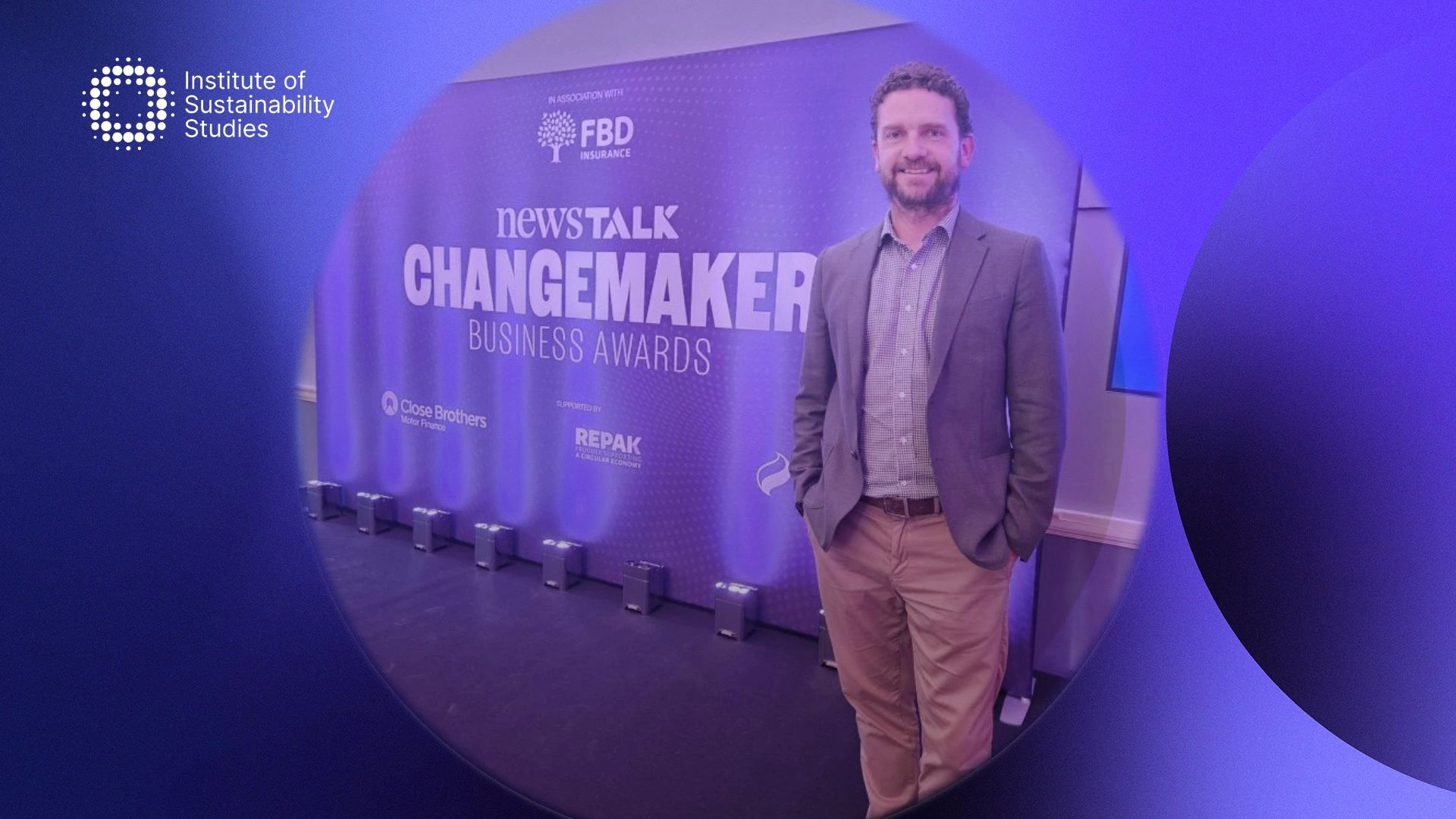Climate quitting is a relatively new concept, which represents the increased interest amongst employees to work with brands that care about the planet. While it is incredible so many people prioritise sustainability, even in their working lives, climate quitting does present some risks to businesses. With that in mind, it is vital to understand what climate quitting is and how to prevent it, so you can ensure you have access to a top talent pool, and your business thrives.
What is climate quitting, and who climate-quits?
Climate quitting essentially refers to the practice of exiting a job or rejecting a job offer because the candidate feels the employer’s environmental, social, and governance (ESG) commitments are not up to scratch. It is a relatively new term that has only begun to appear in mainstream media over the last number of years as employers increasingly care about working in roles that can have a positive impact on society.
The practice of climate quitting is most common amongst the two youngest working generations; Generation Z and Millennials. These generations have illustrated the strongest interest in fighting climate change, particularly in the corporate landscape. They want to work for organisations or support businesses that prioritise climate action.
One recent survey from KPMG uncovered that almost half of 6,000 surveyed adults in these age groups wanted to work for an organisation with ESG commitments. Additionally, a 2021 Yale School of Management Survey of 2,000 students across 29 business schools worldwide shared that 51 percent were happy to accept lower salaries if it meant working for an environmentally conscious business.
The risks associated with climate quitting
With the climate crisis being one of the most significant challenges of our time, it is fantastic to see that so many recognise the importance of fighting it. However, climate quitting does present some risks for organisations. For instance, the enterprise’s recruitment strategy. In other words, if businesses are unable to bring in top talent due to ideology conflicts, this is problematic.
Talent is what essentially fuels strategy, and if there is a shortage of great talent, critical points within the organisation’s strategy could get left behind. This makes the business vulnerable to outside pressure. Not just that, but weak from an investors’ point of view also. It is also important to note here, that investors too increasingly care about ESG commitments and are leaning toward green projects to place their capital.
How can businesses prevent the likelihood of climate quitting?
What can businesses do to prevent the likelihood of climate quitting so that they can ensure they get the best talent and drive their strategies? The quick answer is to start making ESG commitments. It is essential to understand that this takes time and dedication.
ESG incorporates environmental, social, and governance values, and while it is a lot of information, it is vital to comprehend the concept now and make it a top priority. Implementing these actions will help your business drive its climate agenda, but you will also reap the rewards of becoming a responsible business. You will both attract and retain talent.
Summary
Climate quitting can cause a talent shortage in your organisation, which can hinder your ability to achieve your goals and thrive. Therefore, preventing the likelihood of climate quitting is absolutely vital, and the best way to do that is by implementing an ESG strategy. Building a sustainable business is the best way to ensure you have access to a top talent pool, and our Diploma in Business Sustainability can help you determine the steps to do exactly that.










